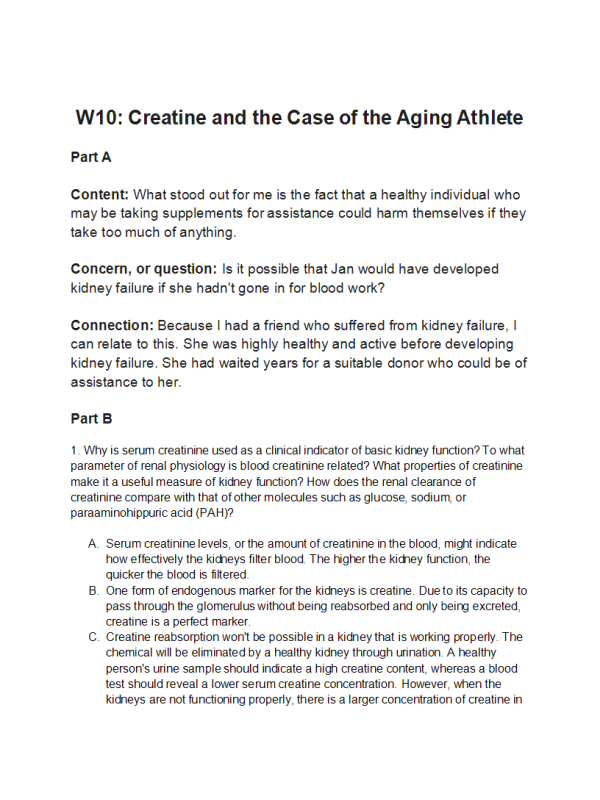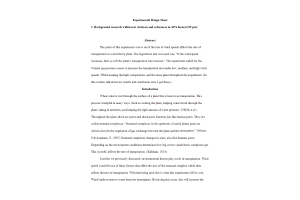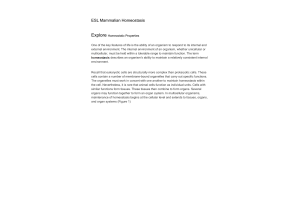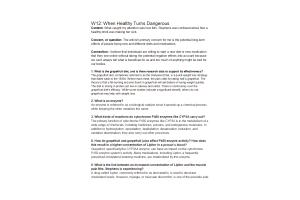BIOL134 Week 10 Discussion; Creatine and the Case of the Aging Athlete
- $20.00
W10: Creatine and the Case of the Aging Athlete
Part A
Content: What stood out for me is the fact that a healthy individual who may be taking supplements for assistance could harm themselves if they take too much of anything.
Concern, or question: Is it possible that Jan would have developed kidney failure if she hadn't gone in for blood work?
Connection: Because I had a friend who suffered from kidney failure, I can relate to this. She was highly healthy and active before developing kidney failure. She had waited years for a suitable donor who could be of assistance to her.
Part B
- Why is serum creatinine used as a clinical indicator of basic kidney function? To what parameter of renal physiology is blood creatinine related? What properties of creatinine make it a useful measure of kidney function? How does the renal clearance of creatinine compare with that of other molecules such as glucose, sodium, or paraaminohippuric acid (PAH)?
- What is a “normal” concentration of serum creatinine? Why would elevated creatinine levels in the blood potentially suggest a problem with the kidneys? Is elevated serum creatinine alone a reliable indicator of kidney function? Explain your reasoning.
- What is the physiological role of creatine in skeletal muscle function? Why might creatine monohydrate be marketed as a nutritional supplement for muscle performance? Conduct a literature search to find scientific reviews of creatine as a nutritional supplement. Is there scientific evidence to support creatine as an effective ergogenic aid?
- What potential relationship might exist between creatine monohydrate ingested as a nutritional supplement and the levels of creatinine found in the blood? Explain how these molecules are related to one another in the human body.
- Does creatine monohydrate used as a supplement pose any risk of side effects? More specifically, does creatine consumption cause an increase in serum creatinine? What does the scientific literature suggest about whether the consumption of creatine monohydrate poses a risk of damaging the kidneys?
- A number of disease states trigger a dramatic loss of skeletal muscle mass. These muscle-wasting diseases are often devastating side effects of muscular dystrophies, cancer, glucocorticoid treatment, aging, and chronic kidney disease. What impact might skeletal muscle wasting have on serum creatinine levels? How might these conditions impact blood concentrations of creatinine and affect the assessment of normal kidney function?
- Should Jan feel concerned about her slightly elevated levels of creatinine? Should she be concerned about consuming creatine monohydrate as a supplement? What advice would you give to Jan about whether she should continue to use creatine?




















